Mary Quant’s fashion legacy: popularising the miniskirt was just the start
The British fashion icon embodied swinging London, and the Youthquake that accompanied it.
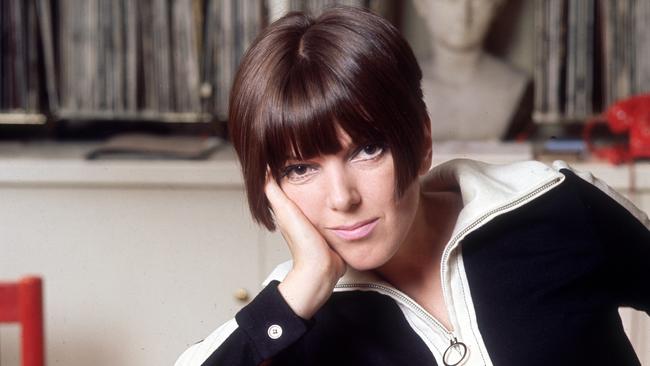
Dame Mary Quant was synonymous with London’s Swinging Sixties, the so-called Youthquake and a post-war world set on having some fun.
There are few fashion designers who changed women’s lives like Quant, who achieved fame for popularising the miniskirt and inventing hot pants, PVC raincoats and waterproof mascara.
Unmissable with her famous Vidal Sassoon bob, Quant wrote in her 1996 autobiography that she wanted to give women clothes – bold, colourful and practical – that were “a tool to compete in life outside the home ... clothes that you could move in, skirts you could run and dance in”.
Quant died this week aged 93. She was made a Dame in 2015 for her services to fashion and in King Charles’ first new year’s honours list, a Companion of Honour. In 2021 Sadie Frost directed a documentary, Quant, with archival footage and interviews with the likes of Kate Moss and Vivienne Westwood. It’s due for an Australian cinema release on May 18.
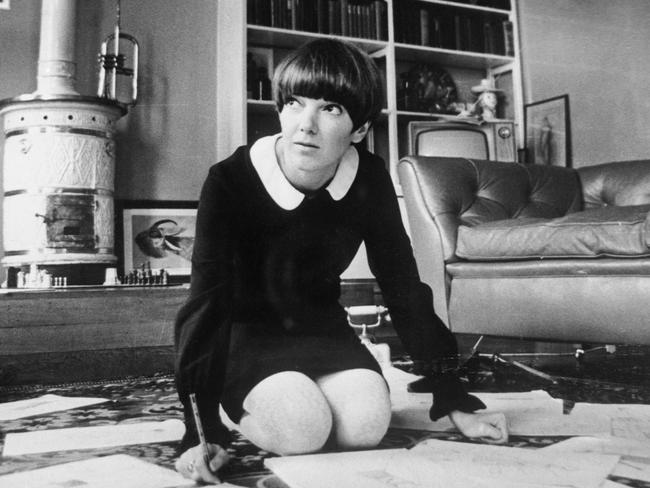
But her legacy will be giving young women a new way of not just dressing, but being.
London’s Victoria and Albert Museum held a retrospective of Quant’s work in 2019 in which it gathered the pieces and memories of the young women, newly liberated and making their way in the world, who’d bought a Mary Quant piece for a job interview or a date or something equally momentous. Women held on to the clothes even, as one woman told the interviewers, they “fell apart on me even as I wore them”.
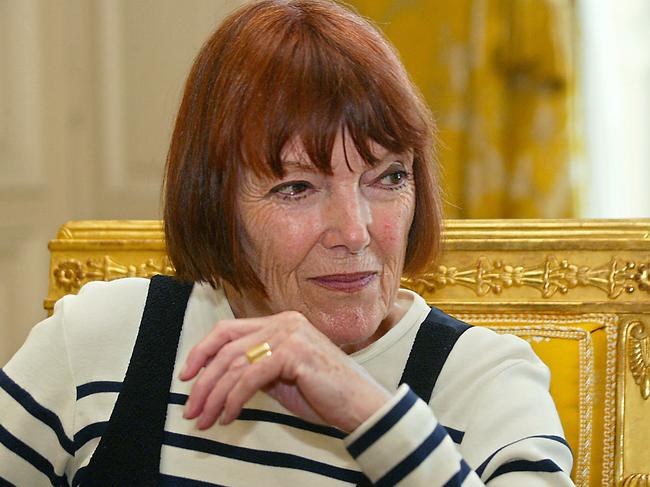
Following the news of Quant’s death the V & A Museum tweeted: “It’s impossible to overstate Quant’s contribution to fashion. She represented the joyful freedom of 1960s fashion, and provided a new role model for young women. Fashion today owes so much to her trailblazing vision.”
Born Barbara Mary Quant to two schoolteachers in London in 1930, Quant defied her parents’ wishes for a more conventional career, graduating from Goldsmiths college in 1953. Here she started making androgynous pieces in fabrics such as tweed and Liberty print.
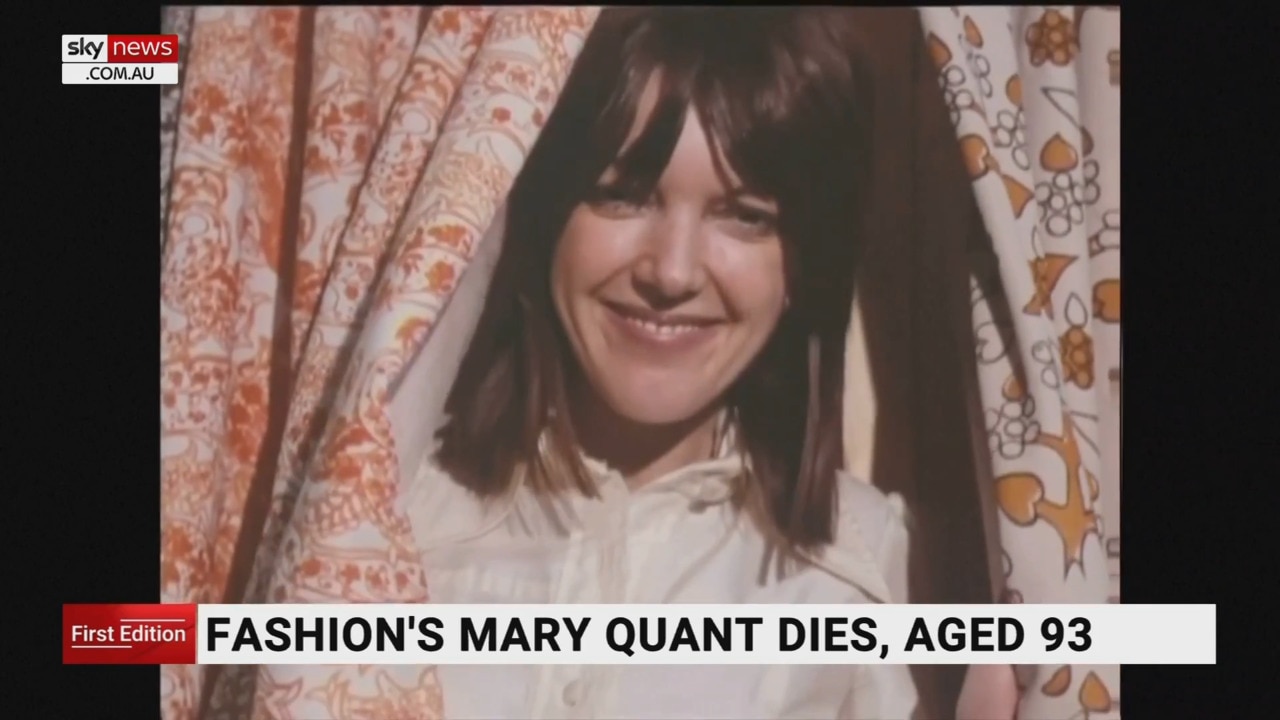
Here too she met and eventually married fellow Goldsmiths student Alexander Plunket Greene, a silk pyjama wearing hedonist. The duo, along with their friend Archie McNair, opened the boutique Bazaar in Chelsea – which she described in her autobiography as “a bouillabaisse of clothes and accessories”, in 1955.

The shelves were stripped in the first week. Vogue said at the time: “Thanks to Bazaar, King’s Road became the epicentre of British fashion, and London the epicentre of the so-called Youthquake.” In addition to more clothing lines and another boutique, Quant launched a cosmetic line in 1966, and in the ’70s everything from bed sheets to paint.
Quant was also the prototype for the modern celebrity designer today – she didn’t just design her brand, she embodied it.

Innately Quant knew that she was part of something bigger than her rather abbreviated skirts.
As she wrote in her autobiography: “Good designers ... know that to have any influence they must keep in step with public needs and that intangible ‘something in the air’. I just happened to start when ‘that something in the air’ was coming to a boil.”


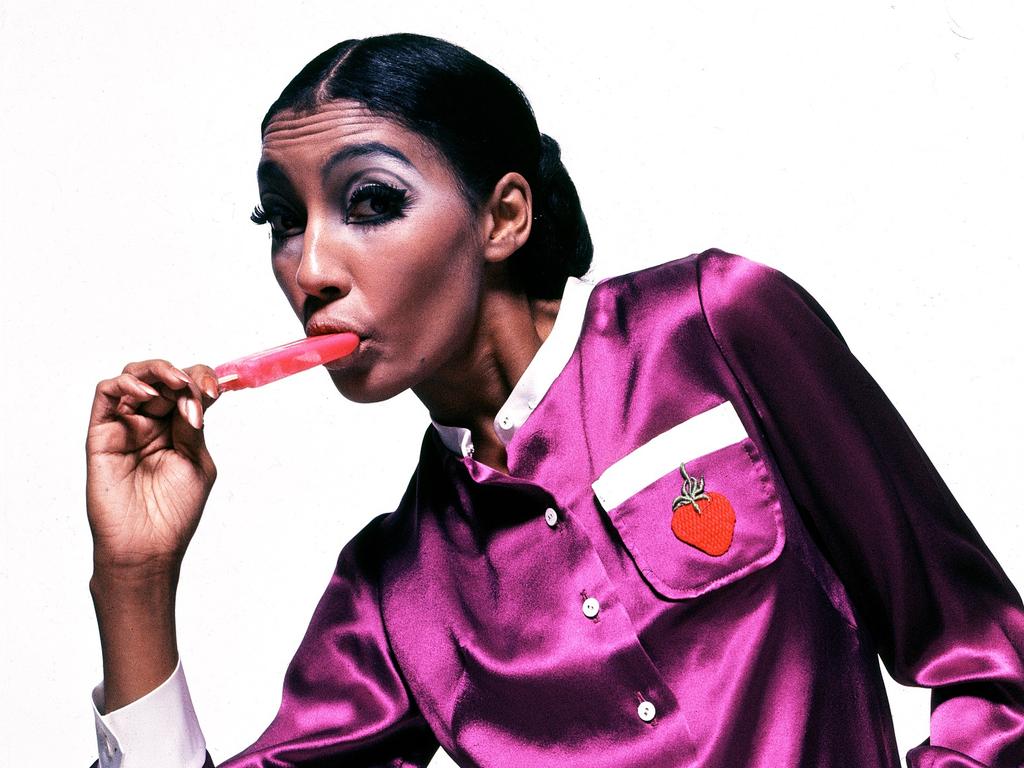
To join the conversation, please log in. Don't have an account? Register
Join the conversation, you are commenting as Logout